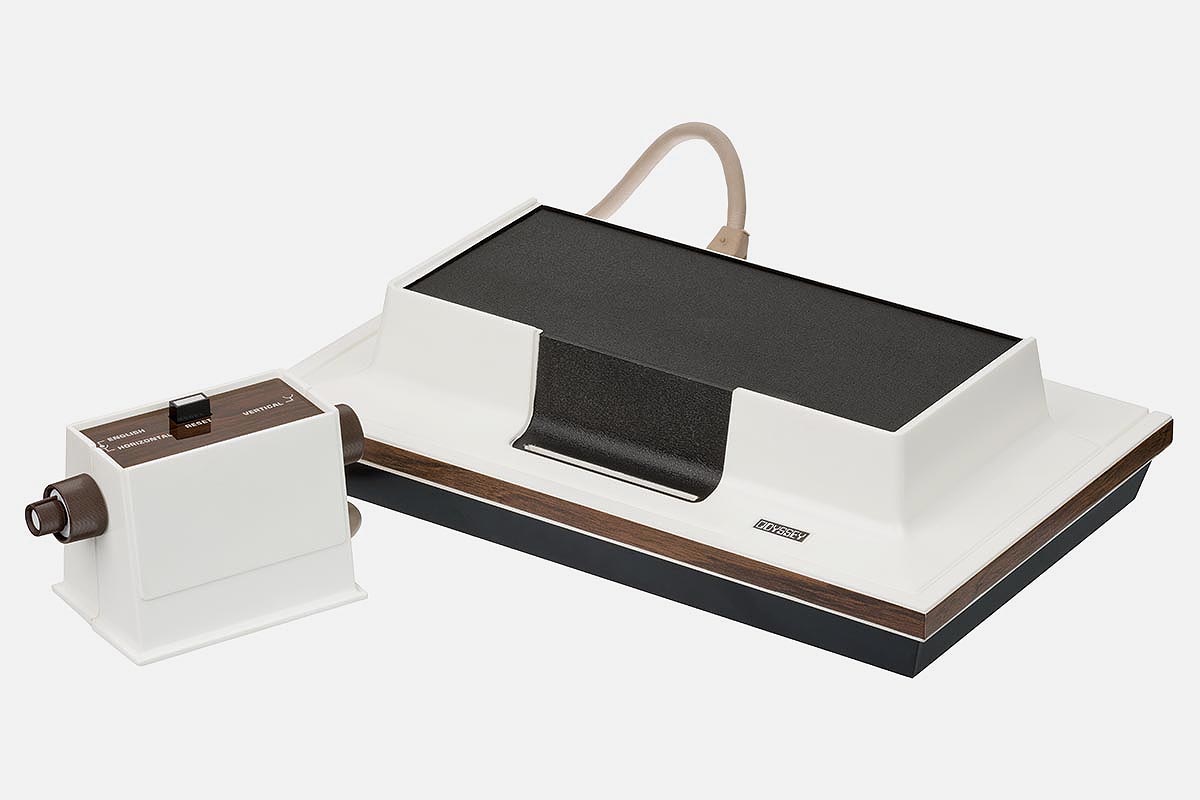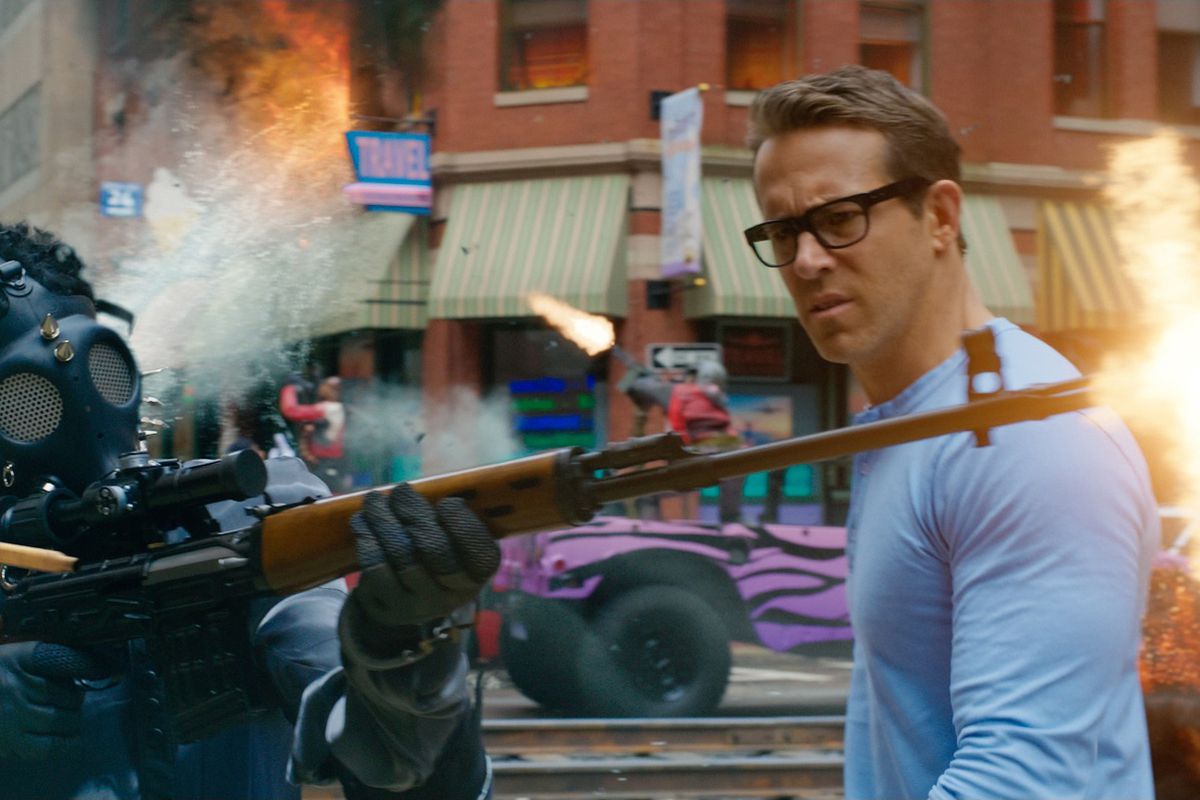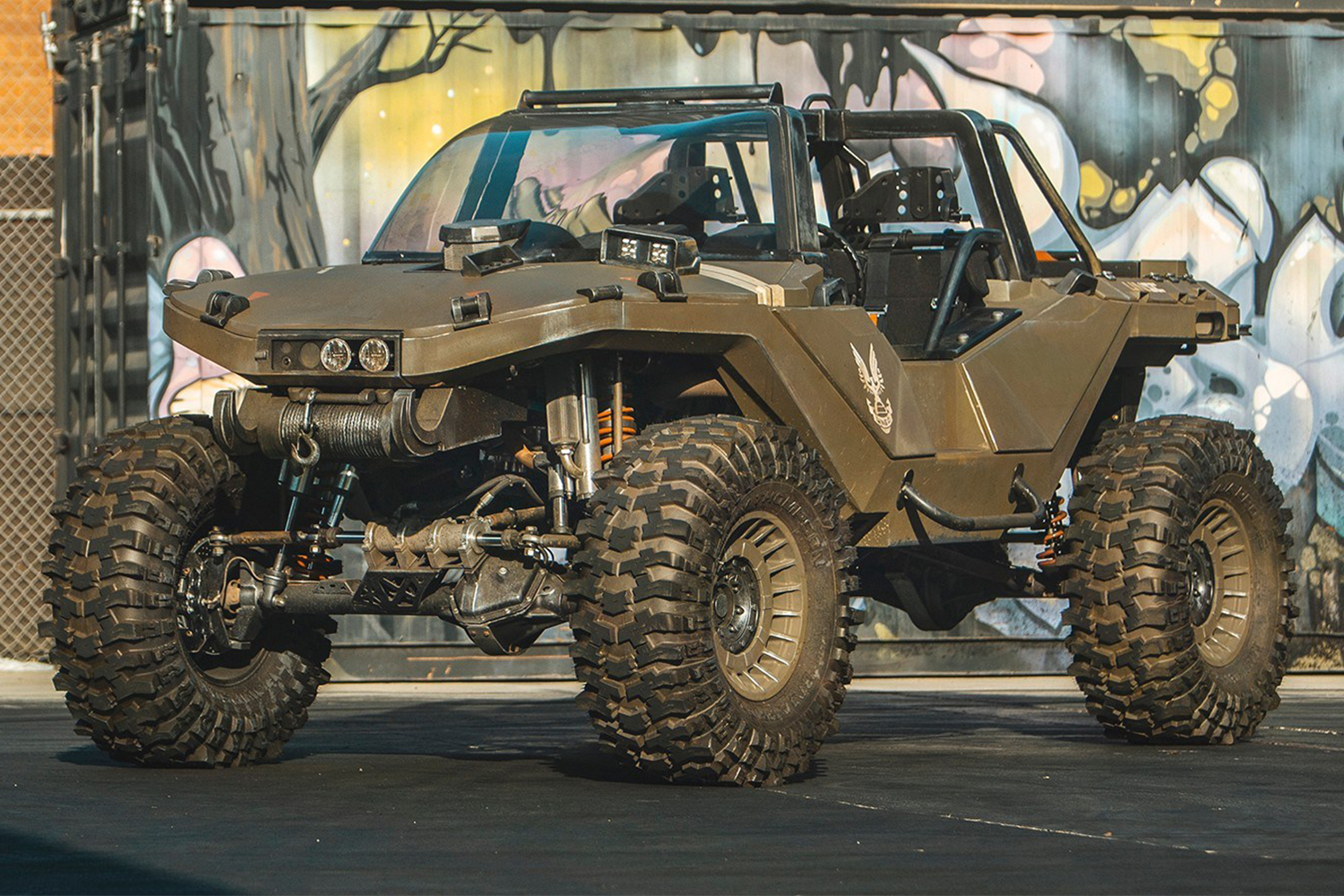The arcade classic Pong and the Magnavox Odyssey home console both debuted in 1972, ostensibly making video games 50 years old.
And it took about 48 of those 50 years for Hollywood to figure out exactly what to do with them.
This isn’t going to be another “worst video game movie adaptations list” because, well, there are too many of those. Instead, I wanted to look at a positive trend: in the last two years, we’ve finally seen a real understanding of the gaming world by those who work in less-interactive pop-culture mediums.
Now, there were a few bright moments of intersection between film and gaming within the last five decades — just 10 years after Nolan Bushnell’s 2-D table-tennis title took arcades by storm, we had WarGames and Tron, two fun and well-made films that delved smartly into computers and gaming (the latter title actually producing several memorable video game spinoffs).
But what followed was decades of abysmal video game adaptations (from Super Mario Bros to Wing Commander to Tomb Raider, and a whole lot of worst-film-ever releases by this guy — see below). And even not-so-direct gaming titles, like Adam Sandler’s Pixels, were lowest-common-denominator fare. Gamers weren’t happy with the lack of respect and movie audiences were appalled. (I’m going to ignore animated works here — sorry, Wreck-It Ralph fans — and also films that basically feel like video games, which could be any action film made in the last 10 years.)
Paul Tassi summed up the issues with video game adaptations a few years ago at Forbes: Many games lacked good backstory, but the ones that had ‘em didn’t need movies in the first place. And, most importantly, the best video games were about video games, not focused on a single gaming title.
That last point is still pretty spot on, three years later. But also: Hollywood has improved! Let’s look at recent examples of Free Guy, Mythic Quest, the upcoming Halo and even a not-so-well-reviewed revamp of Resident Evil as reasons for hope (that said, upcoming adaptations like 2022’s Uncharted do look rather uninspired — we’re talking small steps here).
Hollywood finally let some games speak for themselves. Director Uwe Boll used to buy up video game IP simply to get cheap name recognition for his terrible films (Alone in the Dark, Postal, Bloodrayne, etc.), which often strayed mightily from the source material.
Now? Movie studios seem more comfortable catering to gamers. Witness the recently rebooted Resident Evil: Welcome to Raccoon City, which ignored the popular Paul W.S. Anderson films (which, after the first release, were basically generic sci-fi/zombie action films). Instead, RE:WTRC was a faithful adaptation of the first two games, and while film critics weren’t impressed, it found modest acceptance among fans of the original gaming series.
They’re packaging the adaptations better. Now two decades and several sequels old, Halo has developed a fairly long and complex backstory, enough that it deserves the longform TV treatment it’s going to get in 2022 on Paramount+. While we’re willing to bet the Alex Garland screenplay in 2005 that was ultimately rejected had its moments, there’s no reason to condense multiple games and storylines into a two-hour film. (I mean, I played the new Halo: Infinite release for twice that long yesterday alone.)
People who grew up playing games are now old enough to make films. We’re at 50 years of gaming being part of our culture. Kids who grew up with Pac-Man, NES, World of Warcraft and Grand Theft Auto are adults; to them, video games aren’t a foreign concept or something to be reconfigured into a strict Hollywood formula, but an actual cultural influence they innately understand.
We’re laughing with games, not at them. Until 2019, no video game adaptation had ever scored a “fresh” rating on Rotten Tomatoes. Then came Pokémon Detective Pikachu and Sonic the Hedgehog — not deep thinkers, but genuinely funny and affectionate tributes to beloved games.
And Free Guy? While not based on a game title in particular, this 2021 comedy about a non-player character (NPC) in a video game who begins to question his role in life could have been awful and obvious; instead, the film displayed real knowledge about the quirks of open-world gaming. Plus, Ryan Reynolds elevates everything and the “unfinished” character “Dude” was highly quotable (“There are three things I love in life: Kicking ass, TBD, Third thing here.”)
Like Tassi mentioned a few years ago, shows and films about gaming are better than straight adaptations. Apple TV’s Mythic Quest is genuinely funny in a Silicon Valley/The Office kind of way of placing dysfunctional people in a workspace, but it’s also smart enough to understand Twitch … as well as base an entire flashback episode around a science-fiction writer’s discovery of a life-changing piece of tech.
Which was (spoiler alert) … a 1972 Magnavox Odyssey gaming console. And a screen showing a game of Pong.

This article appeared in an InsideHook newsletter. Sign up for free to get more on travel, wellness, style, drinking, and culture.
























